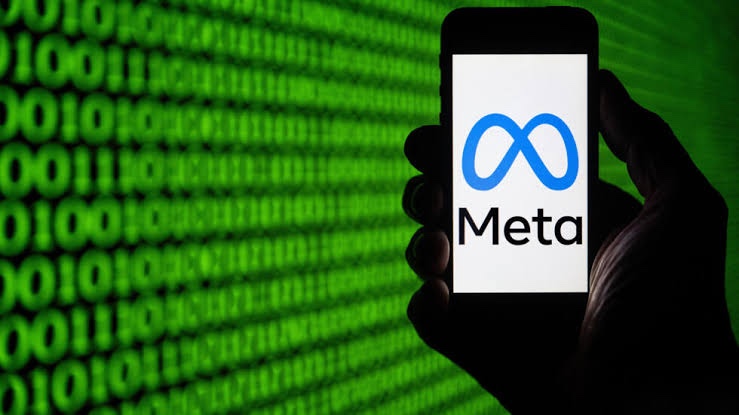Meta’s decision to shut down CrowdTangle sparks concerns ahead of election year

Meta, the parent company of Facebook, has announced the discontinuation of CrowdTangle, a digital tool crucial for tracking viral misinformation. This decision, made in a major election year, has raised concerns among researchers who fear it will impede efforts to identify and counter political falsehoods.
CrowdTangle is scheduled to be decommissioned by Meta after August 14, just months before the upcoming US election, with plans to replace it with a new tool lacking comparable functionality, and with limited access for news organizations.
For years, CrowdTangle has played a pivotal role by providing researchers and journalists with real-time insights into the dissemination of conspiracy theories and hate speech on Meta-owned platforms like Facebook and Instagram. Its removal aligns with a broader trend within the tech industry of scaling back transparency and security measures, presenting a significant setback as numerous countries brace for elections amid heightened risks of misinformation campaigns.
Melanie Smith, Director of Research at the Institute for Strategic Dialogue, described Meta’s decision as a “grave step backwards for social media platform transparency,” emphasizing the critical role CrowdTangle played in independent oversight of online harms, particularly during election periods.
In place of CrowdTangle, Meta intends to introduce the Content Library, a tool still in development. However, concerns have been raised regarding its efficacy, especially in combating AI-driven falsehoods anticipated during elections. Former CrowdTangle CEO Brandon Silverman highlighted the need for Meta to prioritize openness and transparency in addressing the integrity of electoral processes.
CrowdTangle has proven invaluable in previous election cycles, alerting researchers to foreign interference, online harassment, and incitements to violence. Its role in aiding state officials in identifying misinformation during the 2019 Louisiana elections and supporting US election officials in 2020 underscores its significance in safeguarding democratic processes.
Calls to retain CrowdTangle until January 2025 have been made by the Mozilla Foundation and numerous tech watchdogs and researchers. The absence of key CrowdTangle features in the Content Library, such as robust search flexibility, poses a direct threat to election integrity, according to critics.
While Meta has assured that the Content Library will offer comprehensive data and be accessible to academics and non-profit election integrity experts, concerns persist over limited access for independent researchers and journalists. With Meta’s shift away from news content, journalists risk losing a vital tool for investigating public health crises, human rights abuses, and other critical issues.
Meta’s decision to restrict access to the new tool underscores ongoing tensions between the company and independent researchers, who play a vital role in holding platforms like Facebook accountable. As organizations adapt to the changes, questions remain about the future of transparency and accountability in combating misinformation online.












